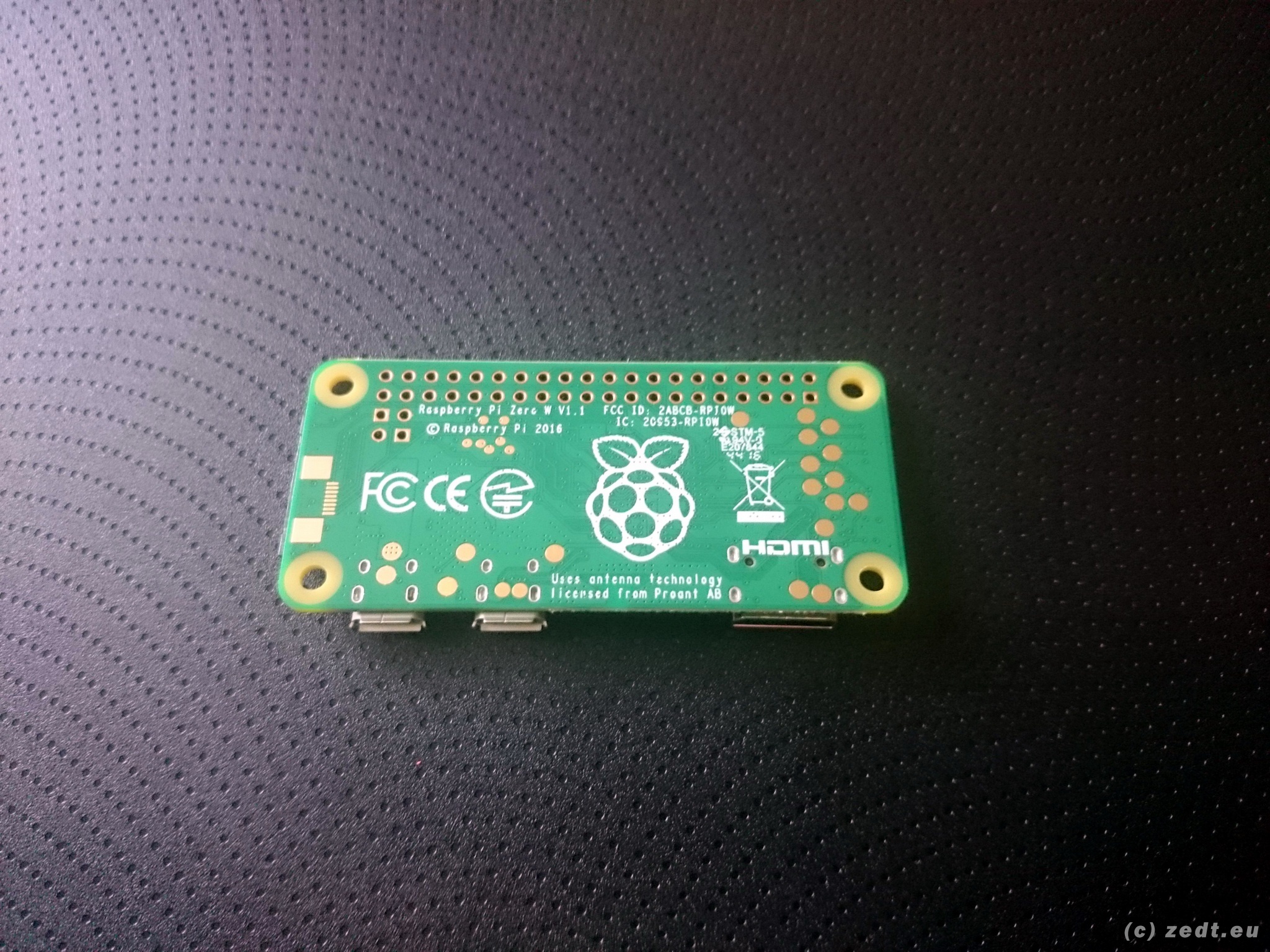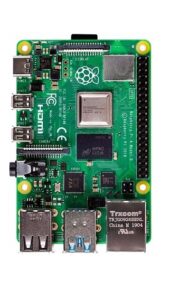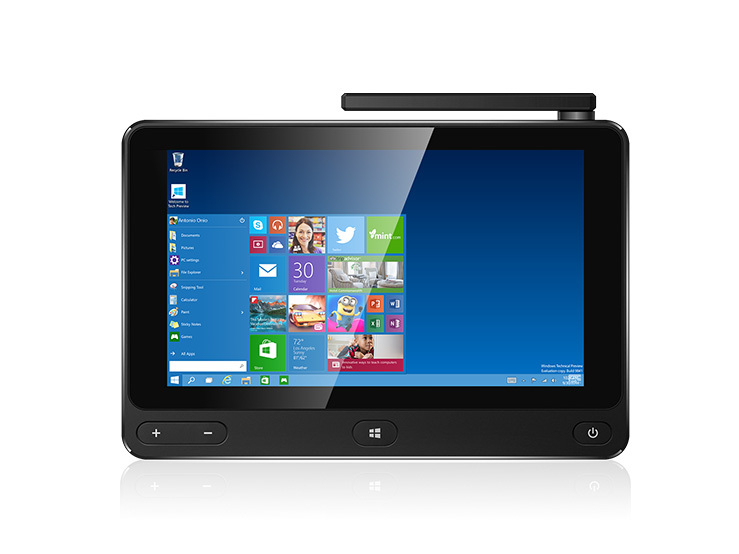

If your dongle can’t be auto-discovered, it may be because your version of Hass hasn’t integrated this feature yet, you can follow the normal configuration steps below. Just plug the dongle into your computer, it will be automatically discovered, click “CONFIGURE” to complete the configuration automatically, and then add sub-devices to use. Windows: CP210x_Windows_Drivers_with_Serial_EnumerationĪs the “Product Description String” of the dongle plus has been customed to a unique identifier “Sonoff Zigbee 3.0 USB Dongle Plus”, which has been also added to Home Assistant’s whitelist of auto-discovered devices, the configuration of the dongle in Hass can be very simple. Raspberry Pi (Linux) is recommended, if you use Windows or macOS, you need to install Driver first. If you have not yet successfully installed Home Assistant, please find the relevant tutorials on the Internet to complete the installation and I will not repeat them here. Connect your computer to the same Wi-Fi as the Raspberry Pi and enter the address into your browser to open the Hass page. Here I will introduce ZHA, which is simpler in configuration.Ī Raspberry Pi with Home Assistant installed. There are two ways to use the SONOFF Zigbee 3.0 USB Dongle Plus to manage your Zigbee devices on Home Assistant: ZHA or Zigbee2MQTT. Use Dongle Plus on Home Assistant via ZHA Integration type ssh If the hostname is not found, use the IP of the Pi instead - it can be found in your router administration panel.1. On Windows you can use Putty open in new window, with Linux and macOS you can just open the terminal and e.g.

local (default: raspberrypi.local) with the user pi and the password you configured (default: raspberry). Wait a minute for it to boot and connect to your network.

Open the Raspberry Pi Imager open in new window and select the following options:.Put your microSD card into your card reader.Micro SD Card (ideally Application Class 1).This page will guide you through setting up a Pi Zero W to run room-assistant.


 0 kommentar(er)
0 kommentar(er)
